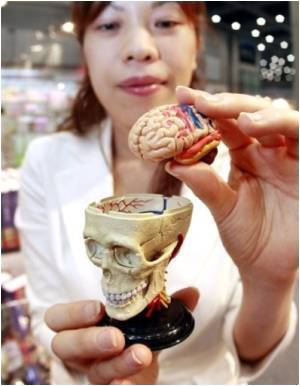A mechanism, which regulates stem-cell differentiation in mice testes, suggests a similar process that may trigger degenerative disease in humans, scientists have said.

STAT3 protein regulates genes that are involved in cell growth and division, cell movement, and the self-destruction of cells. For the testis, the differentiated cell type is sperm.
In self-renewal, a stem cell duplicates itself, while differentiation is production of differentiated cells that maintain the function of the tissue or organ. Impairment of either of these stem-cell functions manifests as tissue and organ failure.
"We looked at a mechanism that is involved in the differentiation of stem cells, and we were actually able to shift that decision away from differentiation into self-renewal," said Jon Oatley, assistant professor of reproductive physiology, who led the study.
"In this study, we found that impairment of STAT3 signalling enhances spermatogonial stem cell self-renewal without affecting general proliferation of the cells. That indicates an alteration in the balance of spermatogonial stem cell fate decisions that inhibited differentiation in favour of self-renewal," he added.
However, he insists that further studies are required in order to establish this theory properly.
Advertisement








